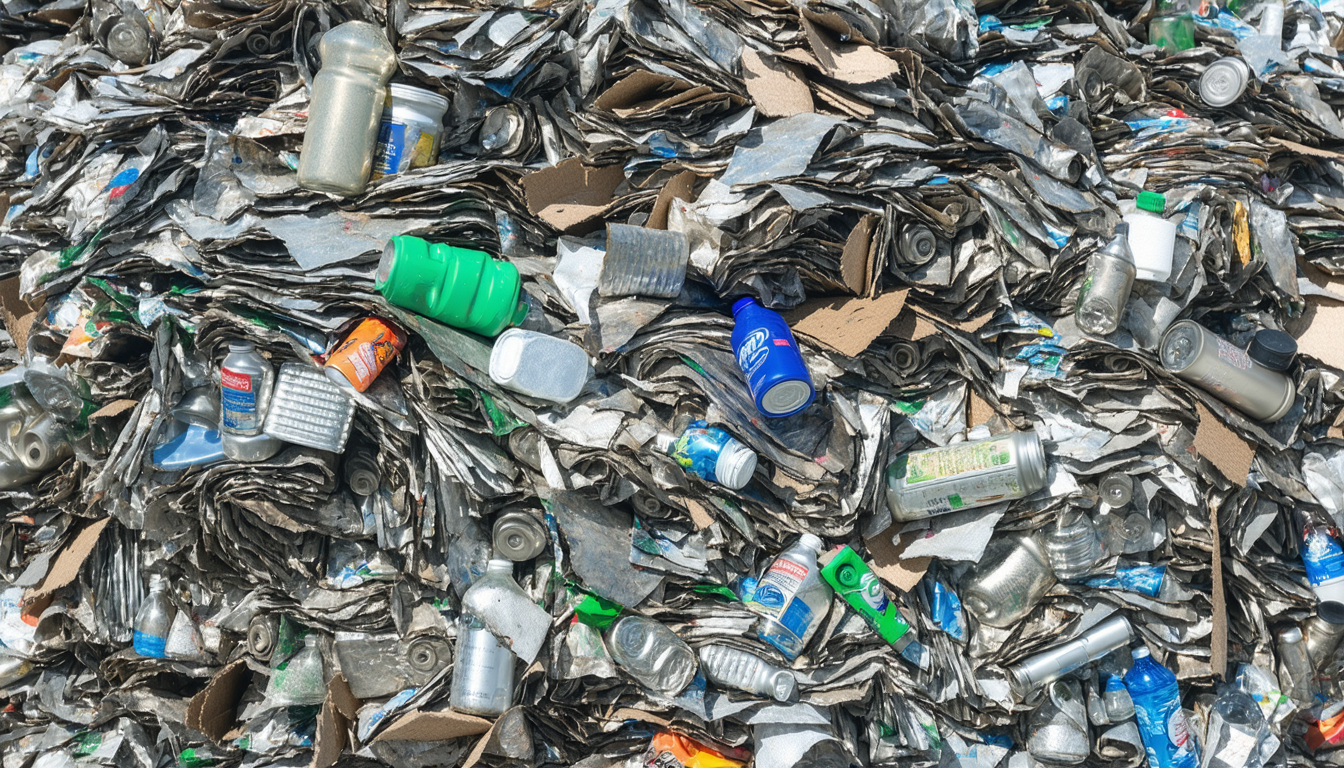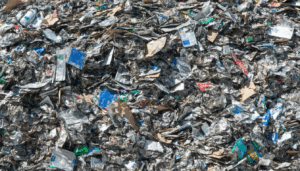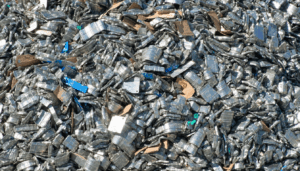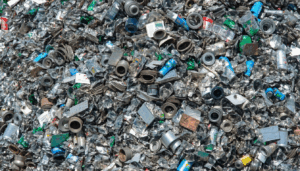In a significant shift toward environmental stewardship, the metal recycling industry is experiencing unprecedented growth as businesses and consumers alike embrace more sustainable practices. Industry leaders across the United States are implementing innovative technologies and processes to maximize the recovery and reuse of metals, reducing the environmental impact of mining while creating economic opportunities. This movement comes as climate concerns intensify and regulatory frameworks increasingly favor circular economy models that prioritize resource conservation.
The Growing Impact of Metal Recycling on Sustainability Goals
The metal recycling sector has emerged as a critical component in America’s sustainability strategy, with recent data showing a 15% increase in recycled metal usage across manufacturing industries over the past year. This surge reflects both consumer demand for environmentally responsible products and corporate commitments to reducing carbon footprints.
“We’re witnessing a fundamental transformation in how businesses approach material sourcing,” explains Maria Rodriguez, Executive Director of the American Recycling Association. “Companies that previously relied exclusively on virgin metals are now integrating recycled content into their supply chains, not just for environmental reasons but because it makes economic sense.”
The environmental benefits are substantial. Recycling aluminum requires only 5% of the energy needed to produce new aluminum from bauxite ore, while steel recycling reduces energy consumption by approximately 60% compared to virgin production. These energy savings translate directly to reduced carbon emissions, with the metal recycling industry preventing an estimated 300 million tons of greenhouse gas emissions annually.
Technological Innovations Driving Efficiency in Metal Recovery
Advanced sorting technologies are revolutionizing how metals are recovered and processed. AI-powered systems can now identify and separate different metal types with unprecedented accuracy, significantly improving recovery rates and material purity.
“The technology we’re deploying today would have seemed like science fiction just a decade ago,” notes James Wilson, Chief Technology Officer at RecycleMax Industries. “Our newest sorting facilities use machine learning algorithms that can distinguish between dozens of different alloys in milliseconds, allowing us to process mixed metal waste that previously would have ended up in landfills.”
These technological advances extend beyond sorting. Enhanced smelting processes now consume less energy while producing higher-quality recycled metals that meet or exceed industry standards for manufacturing applications.
Economic Benefits Creating Sustainable Business Models
The responsible metal recycling industry has created over 45,000 new jobs nationwide in the past three years, with particular growth in urban centers where collection infrastructure has expanded rapidly.
Small businesses are finding opportunities in specialized collection and processing niches. In Chicago, entrepreneur Darnell Washington has built a thriving business collecting electronic waste from corporate clients.
“Companies are willing to pay for responsible recycling services because they understand the environmental importance and want to demonstrate their commitment to sustainability to their customers,” Washington explains. “What started as a one-man operation now employs fifteen people and processes over two tons of electronic waste daily.”
Challenges and Future Directions
Despite progress, challenges remain. Contamination in collected materials can reduce recycling efficiency, while inconsistent local regulations create compliance complexities for recyclers operating across multiple jurisdictions.
Industry leaders are advocating for standardized national policies that would streamline collection and processing while providing incentives for increased participation in recycling programs.
“The future of metal recycling depends on creating systems that make responsible disposal the easiest option for both businesses and consumers,” says Rodriguez. “We need infrastructure investments and educational initiatives that make recycling metals as routine as recycling paper or plastic.”
FAQ: Promoting Sustainability Through Responsible Metal Recycling
What metals provide the greatest environmental benefit when recycled?
Aluminum offers the most significant energy savings, followed by copper and various steel alloys. Precious metals like gold and silver from electronics also provide substantial environmental and economic benefits when recovered.
How can consumers participate in responsible metal recycling?
Consumers should separate metal items from general waste, utilize local recycling programs, and consider the recyclability of products when making purchasing decisions. Many communities offer special collection events for larger metal items.
Are there economic incentives for businesses to recycle metals?
Yes, businesses can often receive payment for scrap metals, reduce waste disposal costs, and potentially qualify for tax incentives depending on location. Many companies also find marketing value in promoting their recycling practices to environmentally conscious consumers.
What innovations are expected in metal recycling over the next decade?
Industry experts anticipate further automation in sorting and processing, development of chemical recycling methods for complex alloys, and integration of blockchain technology to track materials through the recycling supply chain.




